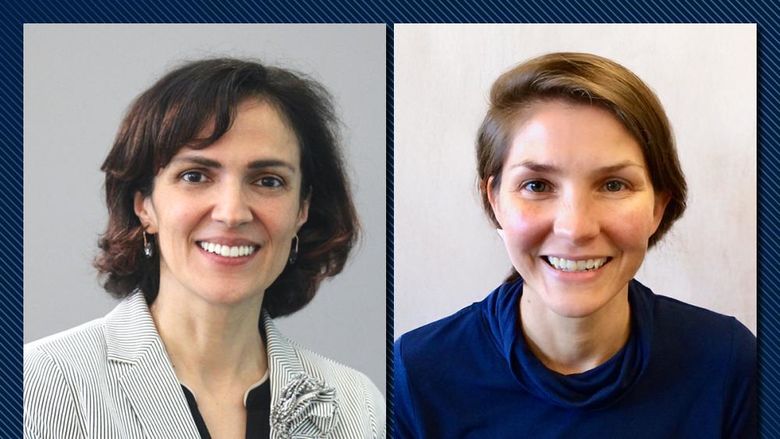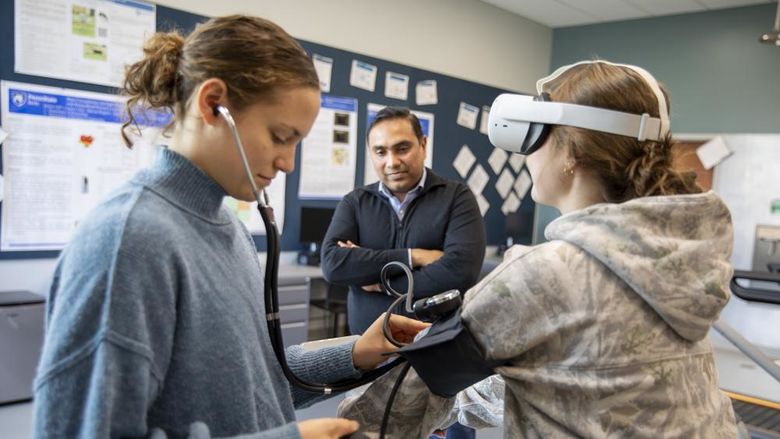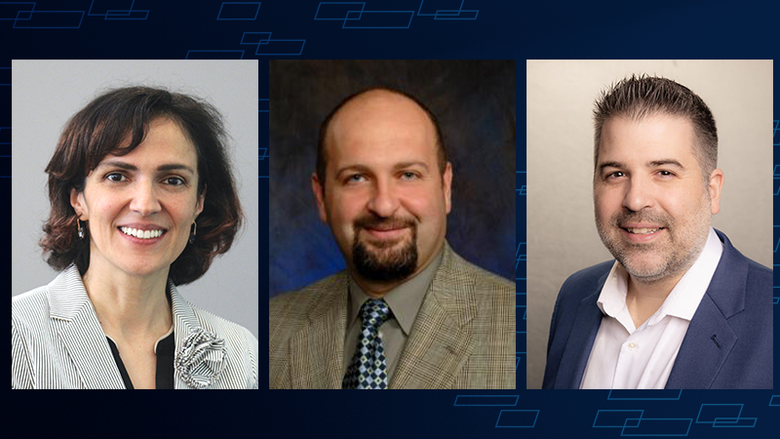
RISE -- Research Innovations with Scientists and Engineers -- seed grants provide access to RISE experts who can complement and enhance computationally intense projects.
UNIVERSITY PARK, Pa. — The Institute for Computational and Data Sciences (ICDS) has awarded the first round of RISE seed grants, made possible by a grant from the National Science Foundation.
RISE — Research Innovations with Scientists and Engineers — is a team of ICDS computational scientists, data scientists and software engineers that help researchers leverage advanced techniques and skills for their research projects. The grant provides access to the team to complement and enhance computationally intense projects.
The first round of seed grants will support four projects:
- Eric Ford, professor of astronomy and astrophysics and ICDS co-hire, for the project “Improving efficiency of pipeline to analyze Doppler exoplanet survey data.”
- Helen Greatrex, assistant professor in remote sensing and geo-statistics and ICDS co-hire, for the project “Standardizing satellite weather analysis.”
- Abdullah Konak, professor of information sciences and technology, Penn State Berks, for the project “Predicting Wireless Signal Penetration using Deep Learning.”
- Whitney Fosco, assistant professor of psychiatry and behavioral health and assistant professor of neural and behavioral sciences, Penn State Milton S. Hershey Medical Center, for the project “Automated Data Processing System for Neuroimaging.”
The members of ICDS’s RISE team support scientists in tackling data-driven and computationally intense investigations. In these grants, RISE team members will help the research teams by developing databases and science gateways so team members can access and manage their data efficiently and effectively. The awarded projects offer an example of how the RISE team can help enable computational research and discovery for researchers throughout the University. Some of the other ways the members of RISE can give assistance include offering effective ways to structure code and promoting best practices to improve performance of codes that are run on ICDS’s Roar supercomputer.
Researchers are welcome to submit projects for consideration anytime and will be approved based on a rolling deadline. For more information, and to see the full skill set of the RISE team, please visit the RISE Seed Grant webpage.





